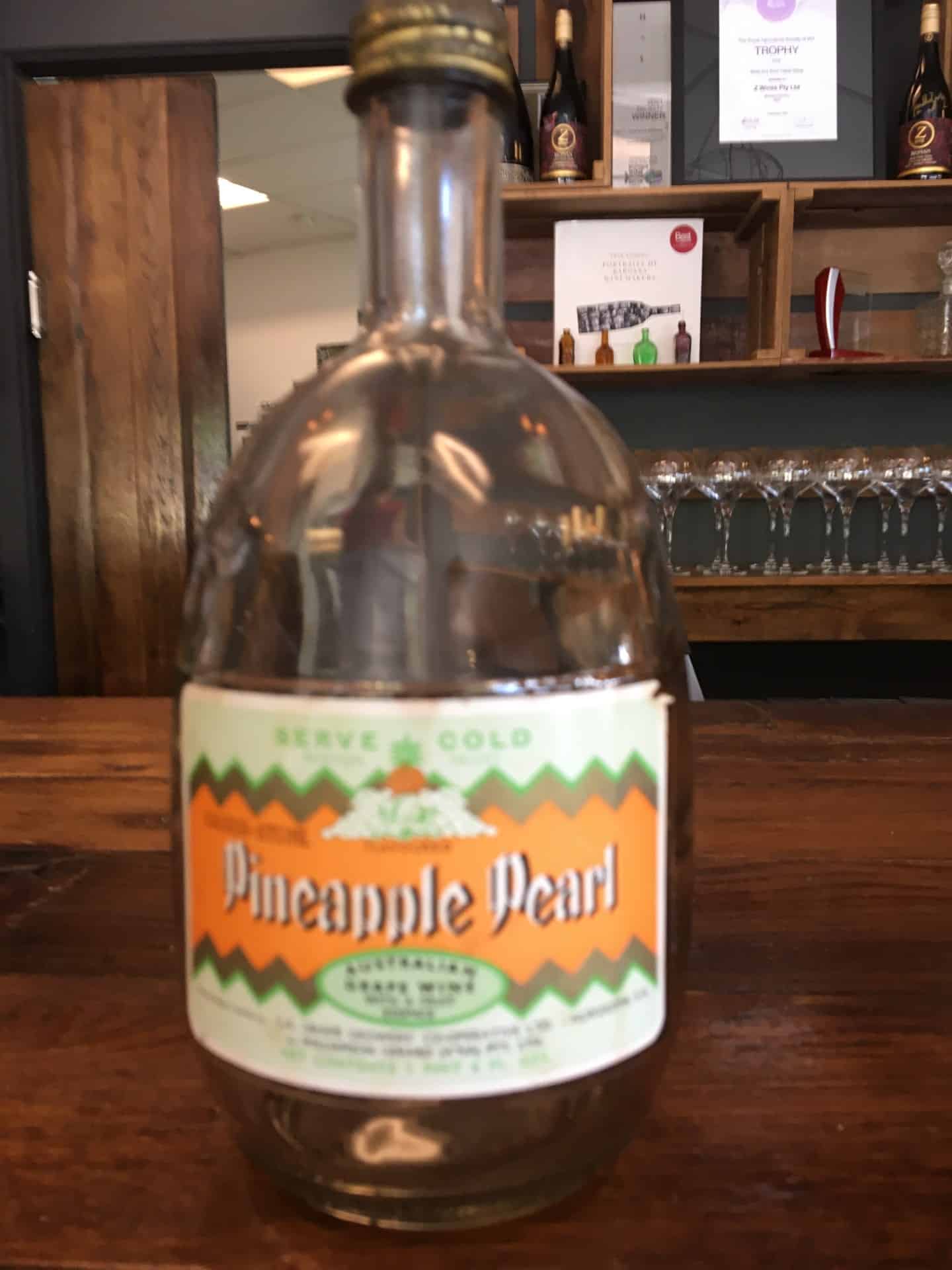Shock and horror! A wine column about what people actually drink! The Guardian broke all the wine writer’s rules.
Fancy descending to the level of actually tasting wine from cardboard casks. Sommelier Samantha Payne should be too embarrassed to venture into a Wine Communicators of Australia function again.
But there was Samantha on The Guardian’s website swilling” her way through nine glasses of red ‘chateau cardboard’, with she and two fellow tasters discovering that “overall we were delighted by the fruity purity across most of the casks.”
They are easy-drinking wines, and if we were in Europe and offered a house wine in a bistro or trattoria, these casks are very similar in style and quality (although it would most likely be served in a glass flagon rather than poured from a sack).
And not only that but admitting that one of them was actually “delicious”.
Her tasting colleague Stuart Knox, the owner of Fix Wine Bar, commented on how easily a Cult Cru, 2022 grenache could be a “restaurant house wine, wine list” kind of wine. “I’m looking at this and thinking I could pour this here at the wine bar – no problem at all,” he said. This wine was singing at ambient room temperature and would be perfect propped up on the table next to a spread of charcuterie and beef tartare, as the vibrant red notes in this wine would balance out those “meatier” notes.
I cannot remember the last time a major publication deigned to give its readers a verdict on the kind of wines that a good third of its readers probably drink.
Most wine writers talk of expensive wines that most of us can neither find nor afford. Their columns are adquately described by Orley Ashenfelter and Richard E. Quandt on the website Liquid Assets:
Wine evaluation has been shrouded in snobbishness for so long that it has become a major source of comedy. As Fran Lebowitz wrote, “Intellectuals talk about ideas; ordinary people talk about things; but boring people talk about wine!” In fact, reports about the evaluation of wine appear in most major newspapers and there are important publications, like the Wine Spectator, that are devoted to nothing much else. Surprisingly, the reported evaluations of wine, which are subjective in the extreme, are rarely subjected to any serious appraisal. The results of any wine tasting will be solemnly reported, with a winner and a loser being declared, without any concern for whether the results would be replicated the next day (they usually aren’t) or for whether there is enough agreement among the evaluators so that any meaningful conclusion may be drawn. After all, if the same wine were served blind in five glasses, and the judges did not know this, there would no doubt be a first place winner, a last place winner, and everything in between–but the correct conclusion would only be that the judges are variable, not that the wines are different!
Hats of to Samantha Payne for her courage in daring to be different. May she keep writing a wine column about what people actually drink.





